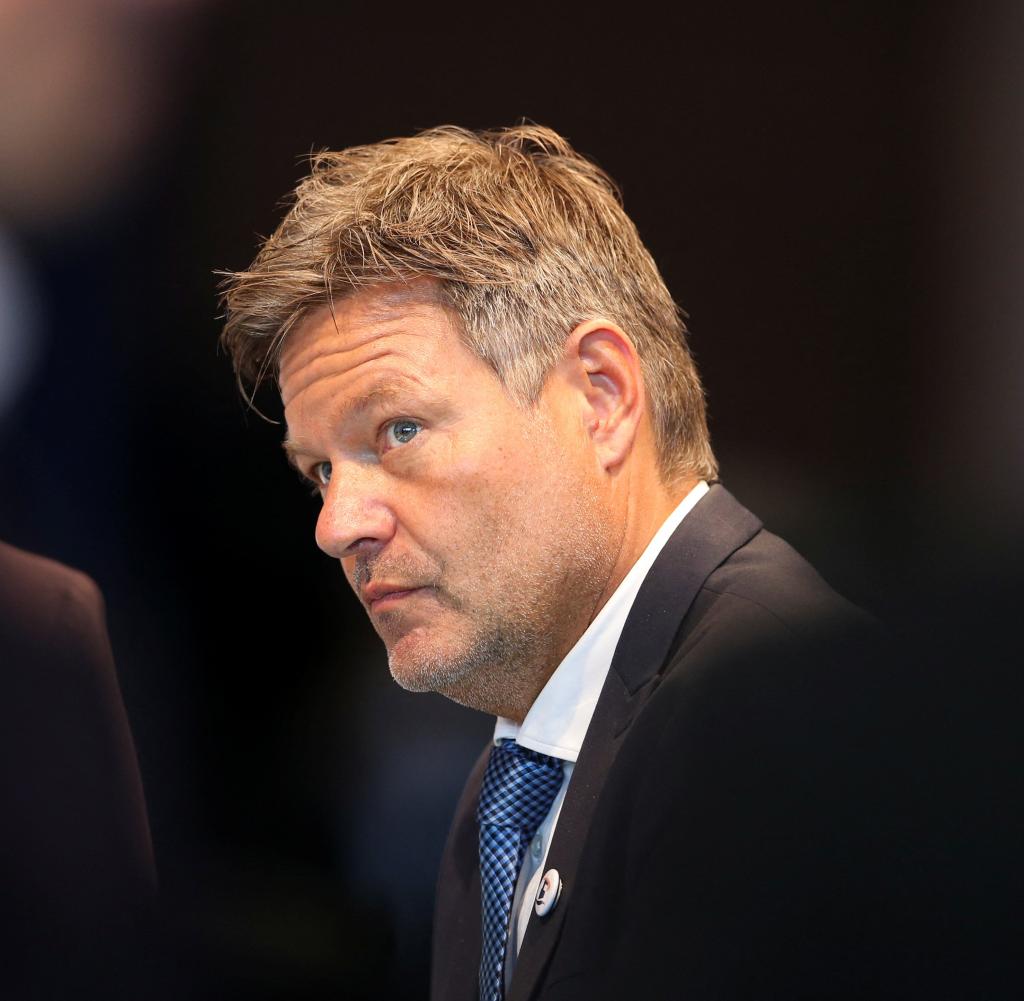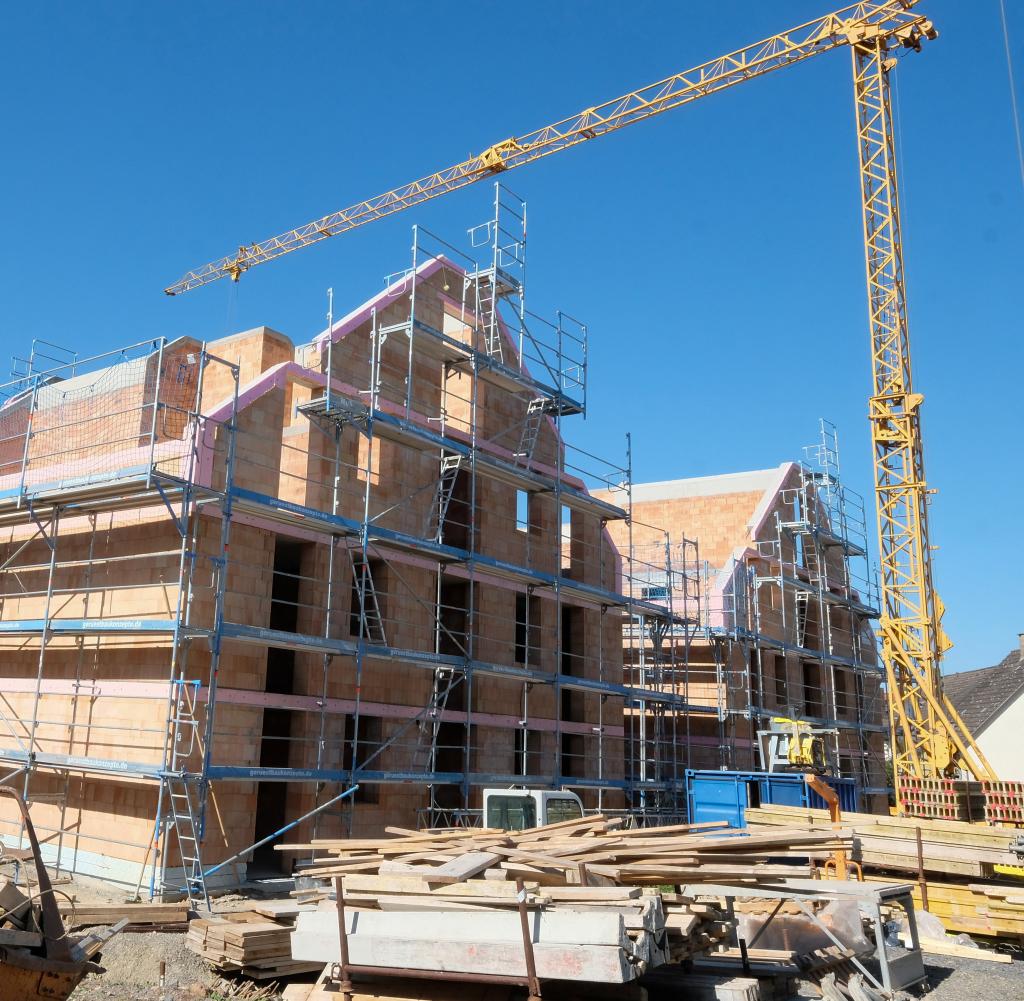Habeck is moving away from stricter requirements for the insulation of new buildings

Robert Habeck (Greens), Federal Minister of Economics
Source: REUTERS
Following the introduction of the Building Energy Act, Federal Economics Minister Habeck believes it is “no longer necessary to quickly introduce the new EH 40 standard”. It is now a matter of paying more attention to building materials so that they are as climate-friendly as possible.
vor the housing summit on Monday in the Chancellery, Federal Minister of Economics Robert Habeck is moving away from planned climate protection requirements for greater insulation in new houses. “The introduction of the Building Energy Act ensures that new buildings will have climate-friendly heating from 2024. “That’s why I no longer think it’s necessary to quickly introduce the new EH 40 standard,” said the Green politician, who is also climate protection minister, to the Reuters news agency.
“That can wait, it doesn’t make much sense given the EU Buildings Directive. Therefore, I no longer see this new standard in this legislative period.” The plans, which have been repeatedly criticized by the construction industry, will probably not come until the end of 2025.
Construction experts argue that even stricter requirements for the insulation of new buildings would be very expensive, but without ensuring significantly more climate protection. Habeck said that it is now a matter of paying more attention to building materials so that they are as climate-friendly as possible. “When amending procurement law planned for 2024, we will therefore ensure that sustainability criteria are implemented in a less bureaucratic, simpler and therefore better way.”
With the EH-40 standard, new buildings only need 40 percent of the primary energy compared to a standard comparison building. This is not being implemented now. This means that the efficiency house standard EH 55 remains, which is currently the de facto standard for new buildings due to government funding. “Compared to the statutory new building standard, the KfW 55 house is 45 percent more economical,” says the state development bank KfW on its homepage.
Because of the current crisis in the construction industry, Construction Minister Klara Geywitz (SPD) had already questioned the tightening of energy standards. EH 40 should actually be mandatory from the beginning of 2025. Moving away from this is a concession to the ailing construction industry. In the first half of 2023, building permits fell by a good 27 percent. Construction prices rose by almost nine percent in the second quarter compared to the previous year. Project developers in particular have their backs to the wall and, in many cases, are fighting for survival.
The traffic light government made up of the SPD, Greens and FDP had recently introduced better depreciation options. In the real estate industry it was said at the weekend that when it comes to promoting home ownership for families, the income limit should be increased from 60,000 to probably 80,000 euros. The industry criticized that overall there were only small-scale aid measures from the government.
Habeck told Reuters that high interest rates and inflation were weighing heavily on the industry. “Orders are collapsing and for many families the dream of owning their own house is in danger of being dashed. All of this in a phase in which living space is scarce and expensive.” Therefore, the focus must be on affordable housing. “It is just as important to provide targeted stimulus for the construction industry, for example by creating tax incentives to bring forward investments. Targeted renovation incentives are also necessary and will come. This can boost the construction industry and save space and energy costs in existing buildings.” According to Habeck, rapid investments should be rewarded. “Waiting for a long time is less worthwhile.”
“Everything on stocks” is the daily stock market shot from the WELT business editorial team. Every morning from 5 a.m. with the financial journalists from WELT. For stock market experts and beginners. Subscribe to the podcast at Spotify, Apple Podcasts, Amazon Music and Deezer. Or directly via RSS feed.



